Addressing Peak Energy Demand with the Tesla Powerpack
Last October, a catastrophic rupture in the Aliso Canyon natural gas reservoir caused a methane gas spill that displaced more than 8,000 Californians and released an unprecedented 1.6 million pounds of methane into the atmosphere. Today, the Aliso Canyon leak is considered the worst in U.S. history, with aggregate greenhouse gas emissions said to outweigh those of the 2010 Deepwater Horizon oil spill.

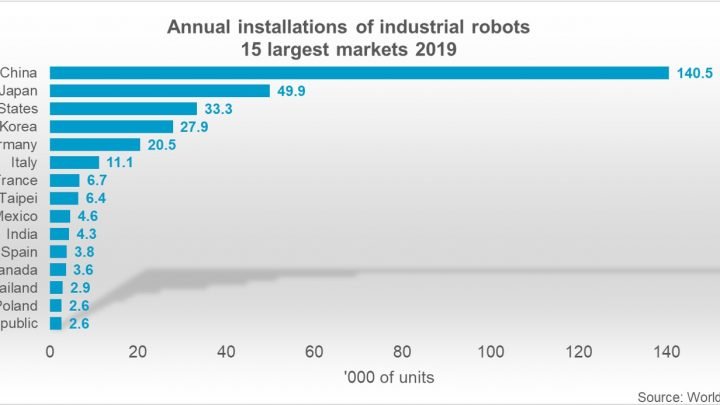
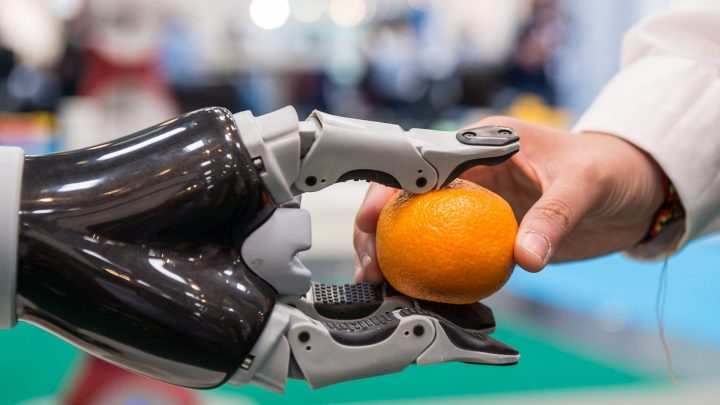



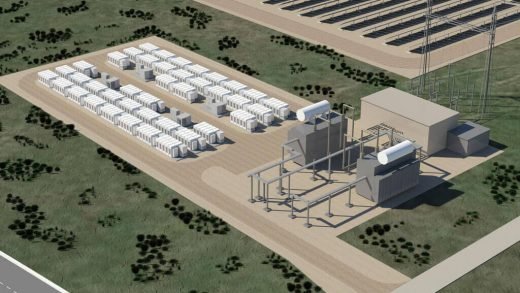
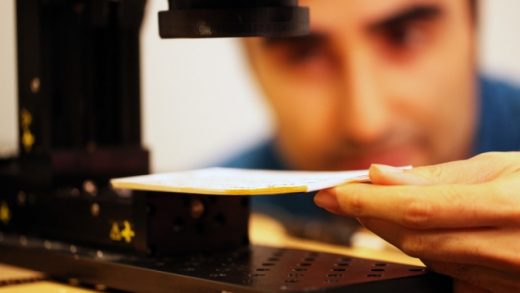
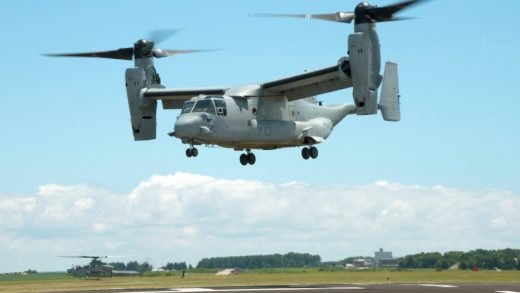
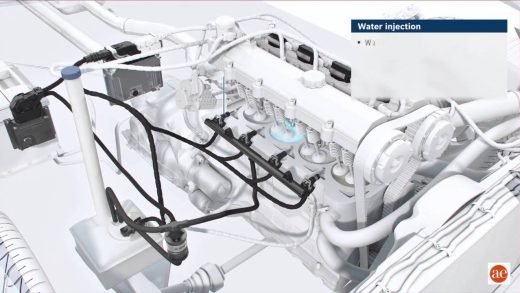
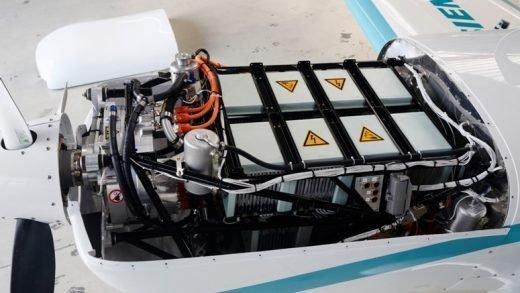
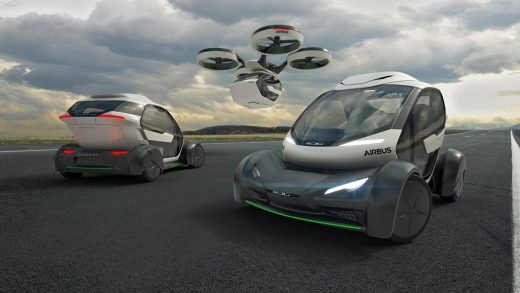
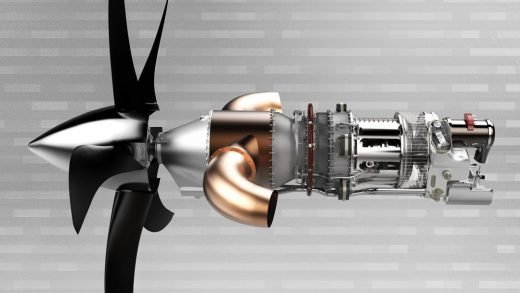
Recent Comments